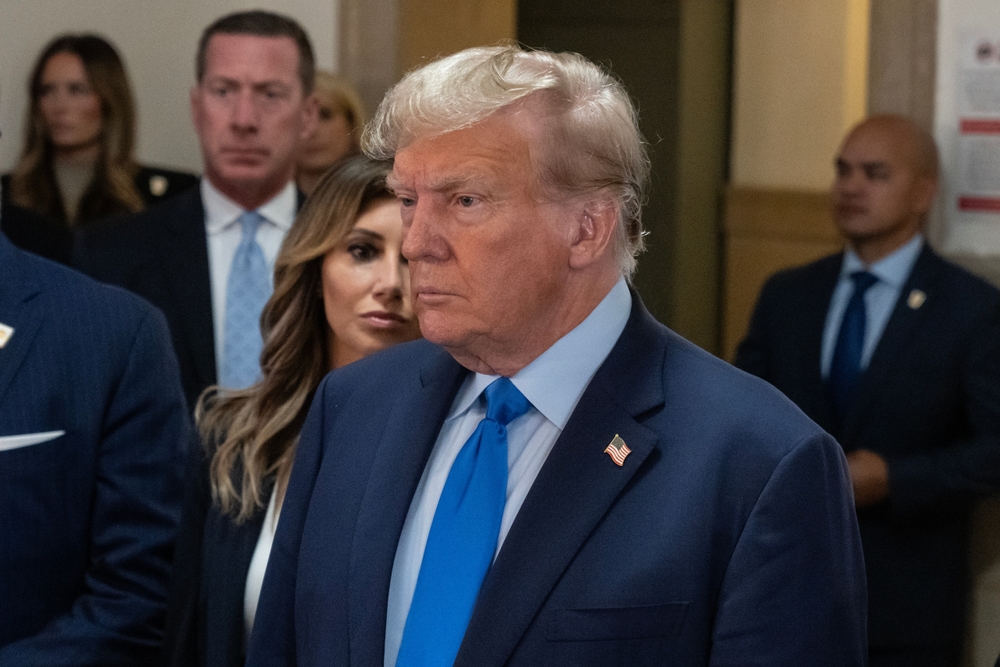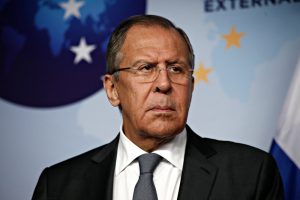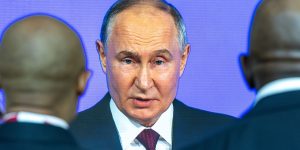Others are reading now
Donald Trump, the frontrunner for the 2024 Republican presidential nomination, is currently entangled in a web of legal challenges, including 91 felony charges across four separate criminal cases and several civil lawsuits.
Amidst these legal entanglements, a legal expert has suggested a potential strategy for Trump to delay his trials, especially if he is re-elected as president.
According to the media Neewsweek who talked to Paul Golden, a partner at New York law firm Coffey Modica, there exists a constitutional principle that could be leveraged by a sitting president.
Citing the Supreme Court’s stance and the Justice Department’s conclusions, Golden explained that a president might claim court proceedings interfere with presidential duties, thus justifying a postponement of trials.
Also read
The Justice Department has also deemed criminal trials against a sitting president as unconstitutional.
An old approach
This approach finds its roots in a 1997 Supreme Court decision involving then-President Bill Clinton and a state worker, Paula Jones. Justice Stephen Breyer suggested that a president could delay civil lawsuits if they claimed interference with their official duties.
Golden emphasized that while the Constitution does not grant automatic immunity from civil lawsuits based on private conduct, a conflict between judicial proceedings and public duties might warrant postponement.
Trump, who has pleaded not guilty to all charges, claiming political “persecution” and “election interference,” faces various legal battles.
These include cases for allegedly hoarding classified documents at his Mar-a-Lago estate, tampering with the 2020 presidential election results, and a defamation lawsuit by retired New York journalist E. Jean Carroll.
Golden noted that a sitting president could employ multiple strategies to argue against the continuation of criminal cases, potentially affecting their ability to govern.
However, the legal opinions on this matter are divided. While the Justice Department’s memos suggest the unconstitutionality of prosecuting a sitting president, these memos are not legally binding until adopted by a court. Moreover, it remains unclear how ongoing criminal trials would be addressed if Trump were re-elected mid-trial.
Trump’s attorneys have been actively seeking to postpone his trials until after the 2024 election, citing their busy work schedules. This complex legal situation continues to unfold, with Newsweek seeking comments from Trump’s attorney for further insights.








